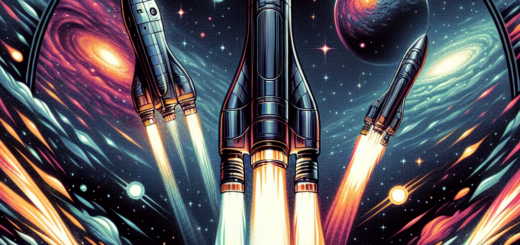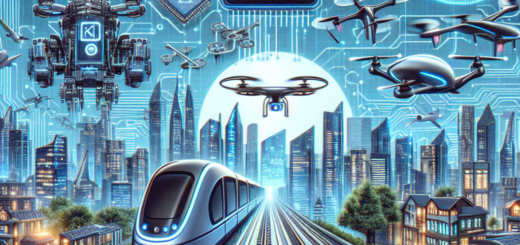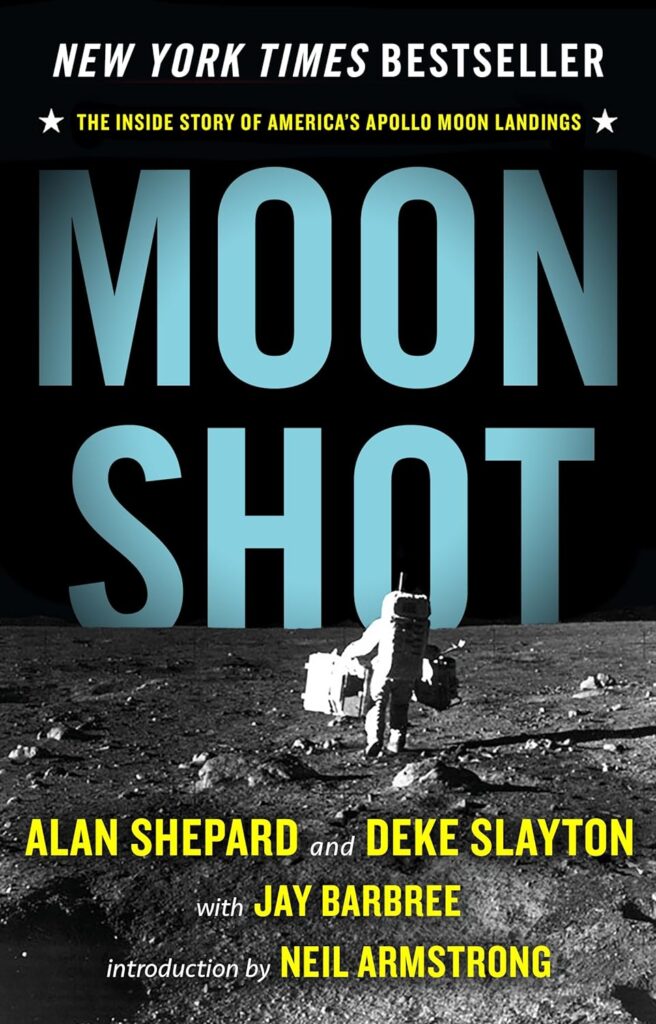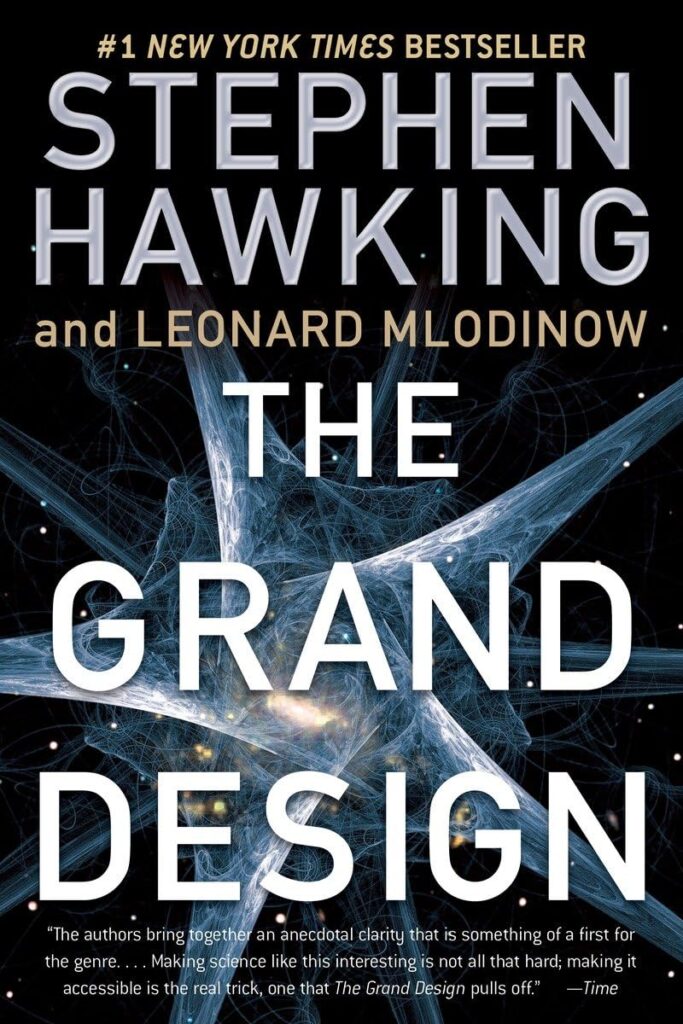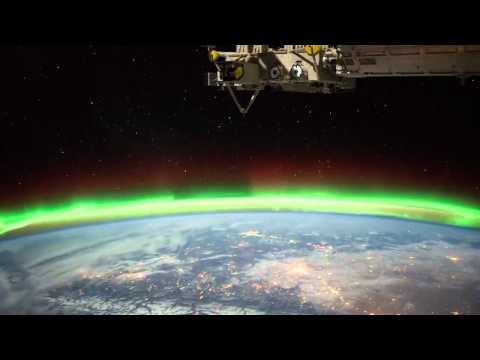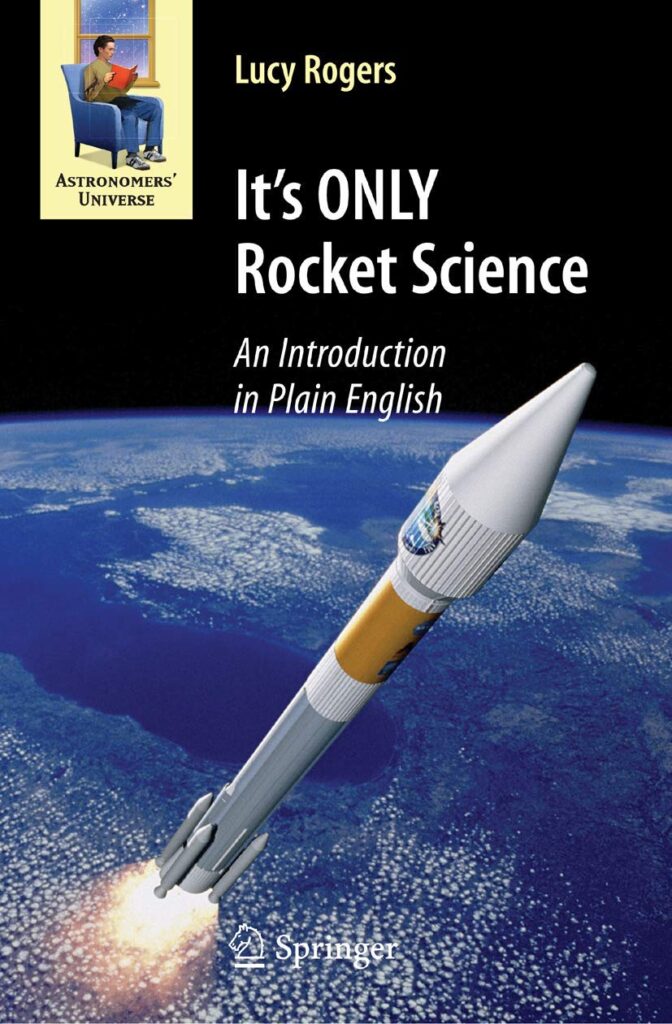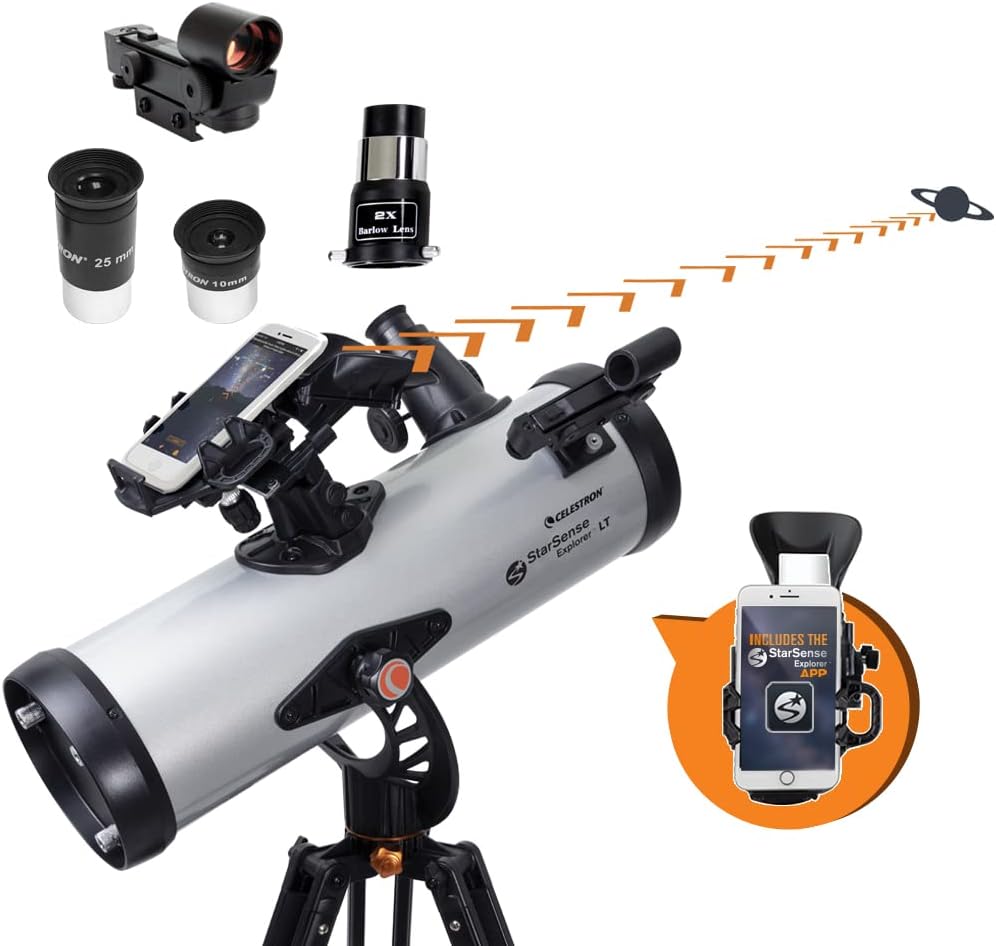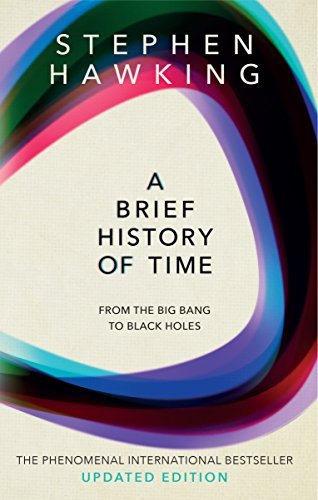The Psychology of Dystopian Worlds: Why We’re Drawn to Dark and Depressing Futures
Dystopian worlds have long been a popular setting in literature, film, and other forms of entertainment. From classics like George Orwell’s 1984 to modern hits like The Hunger Games, these bleak and oppressive futures continue to capture the imaginations of audiences around the world. But why are we so drawn to these dark and depressing worlds?
One possible explanation lies in the psychology of dystopian fiction. These stories often tap into our deepest fears and anxieties about the future, exploring themes of power, control, and the potential for societal collapse. By confronting these fears in a fictional setting, we are able to explore and process our own anxieties in a safe and controlled environment.
Additionally, dystopian worlds often serve as a cautionary tale, warning us about the potential consequences of unchecked power, technology, or societal trends. By presenting us with a worst-case scenario, these stories force us to confront the darker aspects of human nature and consider the consequences of our actions.
Furthermore, dystopian worlds can also provide a sense of catharsis for audiences. By immersing ourselves in a world that is even darker and more oppressive than our own, we are able to gain a new perspective on our own lives and problems. This can be both empowering and comforting, as it allows us to see that no matter how bad things may seem, they could always be worse.
Ultimately, the appeal of dystopian worlds lies in their ability to challenge and provoke us, forcing us to confront difficult questions about society, power, and the future. By exploring these dark and depressing futures, we are able to gain a better understanding of ourselves and the world around us, and perhaps even find hope for a brighter future.


